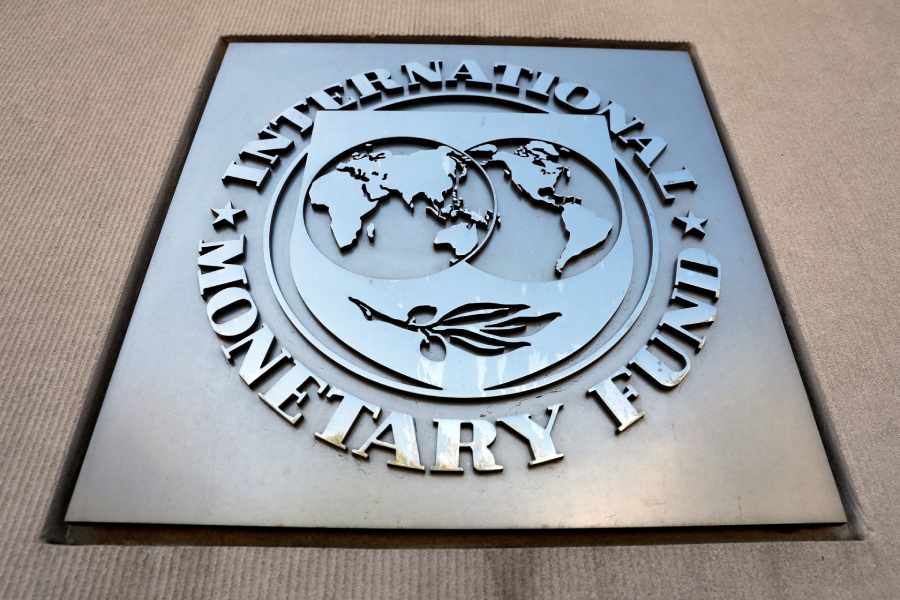Pakistan has no other option but to ask its all-weather ally China to bail out its ailing economy to avert full fledged eruption of the Balance of Payment (BoP) crisis if the IMF does not revive the USD 6.5 billion programme, according to a media report on Tuesday.
The policymakers are left with no other options but to explore all other ways to avert default as well as choking off the economy of over 220 million people, The News International quoted sources as saying.
“Amid deepening political and economic crisis in the country, the IMF (International Monetary Fund) has adopted the policy of wait and see but this policy cannot be pursued for a longer period," a top official source said on Monday.
"Either the IMF will have to be revived through completion of the 9th review or the programme will be scrapped. We will share no more data with the IMF without completion of the ninth review,” the official said.
Cash-strapped Pakistan, which is also facing political turmoil, has adopted the policy of import restrictions to manage its economy in order to avert default.
A programme continuation with the IMF would have ensured a flow of dollars from multilateral, bilateral and commercial monies to ease the imports and unclog the economic activity.
Keeping in view all these developments, independent economists are now suggesting the government make last-ditch efforts of reviving the IMF programme or clearly look towards China, Pakistan's closest ally, to bail out the struggling economy.
Chinese Premier Li Qiang last month assured his Pakistani counterpart Shehbaz Sharif that China supports Pakistan in maintaining financial stability. China has already given financial aid to Pakistan.
Former minister for Finance and renowned economist Dr Hafiz A Pasha said if the IMF did not move forward then Pakistan would have no other option but to request China to devise any mechanism for helping Islamabad to avert a full-fledged crisis.
He said that the Asian Infrastructure Investment Bank (AIIB) could be used as an instrument to help out Pakistan to avert the BoP crisis.
Dr Khaqan Najeeb, former advisor in the Ministry of Finance, said undoubtedly the country has taken a number of steps for macro stabilisation and paving the way for completion of the 9th review by the IMF.
However, considering a weak State Bank of Pakistan reserves position at just USD 4.38 billion and a precarious balance of payment position, the IMF is being extra careful in ensuring financing needs are more than adequately met.
Authorities have tried but have been unable to give comfort to the lender, the report said.
The IMF last week said Pakistan needed significant additional financing for the successful completion of the long-stalled ninth review bailout package.
The IMF also rejected the Pakistan government's claim that it has met all the conditions to reach an agreement with the global financial body to release funds under an already agreed loan facility.
It added that the large South Asian economy was facing stagflation and had also been battered by a series of shocks including severe floods.
A staff-level accord to release a USD 1.1 billion tranche out of a USD 6.5 billion IMF package has been delayed since November, with nearly 100 days gone since the last staff-level mission to Pakistan. That is the longest such gap since at least 2008.
Pakistan, currently in the throes of a major political as well as economic crisis, is grappling with high external debt, a weak local currency and dwindling foreign exchange reserves.
Except for the headline, this story has not been edited by The Telegraph Online staff and has been published from a syndicated feed.










